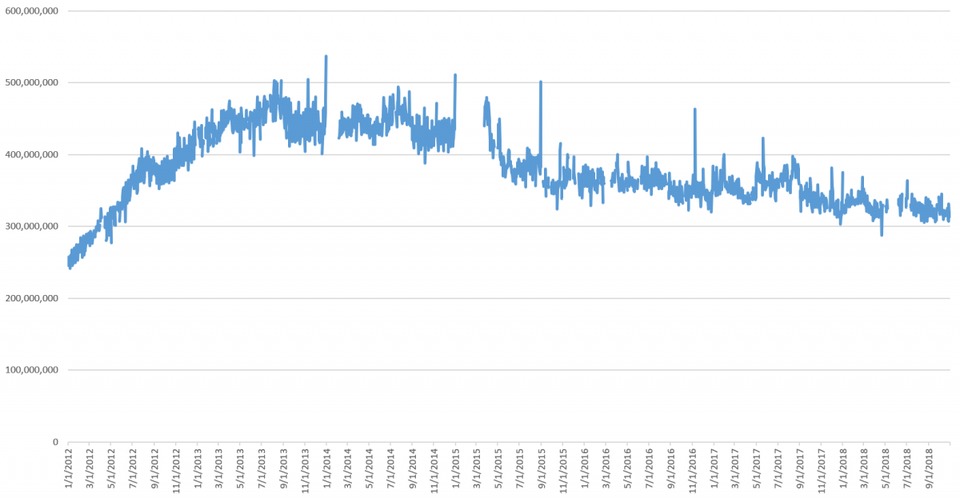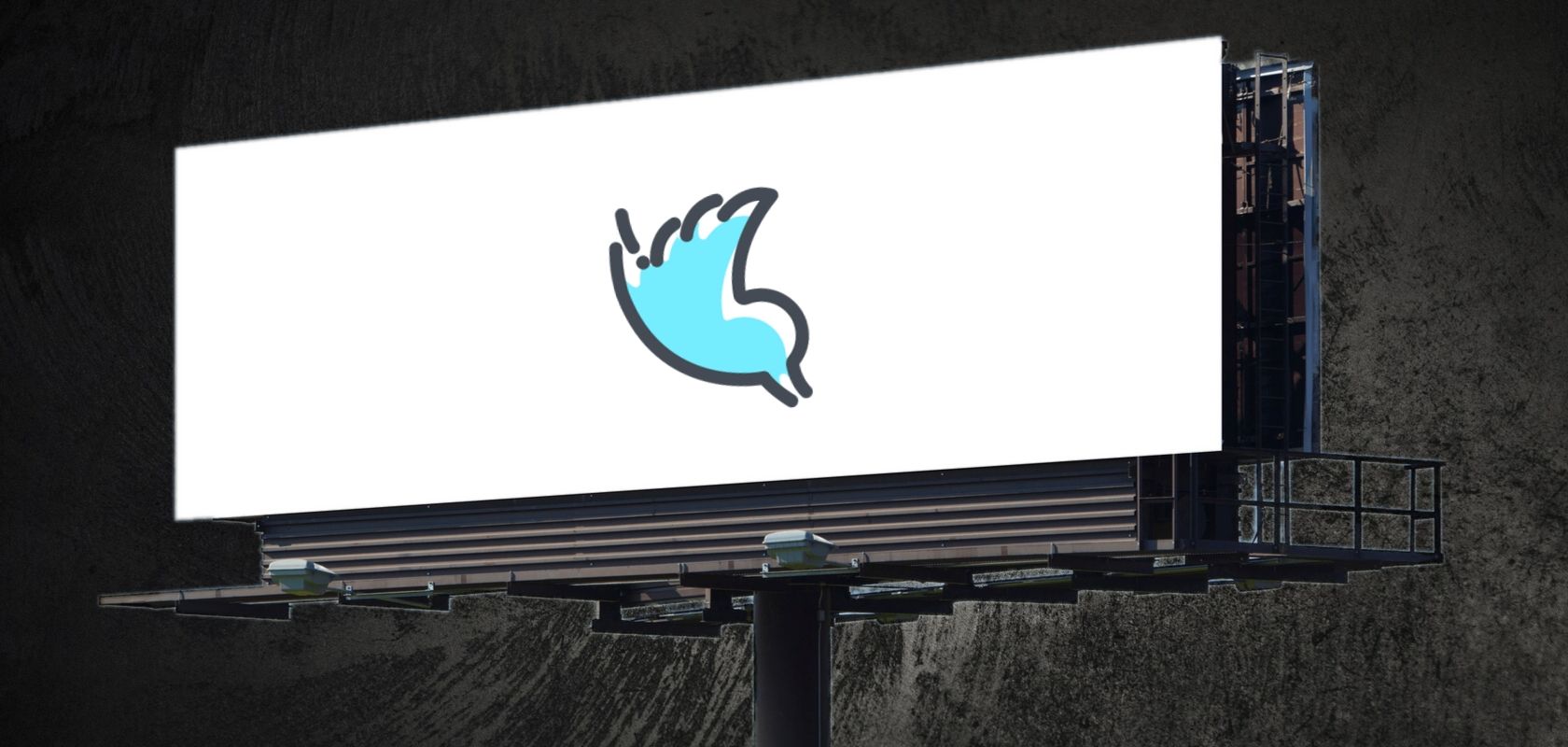Twitter’s business model has always been somewhat flimsy, both before or after its IPO in 2013. Unlike its social media giant peers, who are wallowing in cash like some new breed of tech hogs – Twitter has been struggling. And all the while, there have been “creative” attempts to paint a picture of growth and health with the company habitually cherry-picking user and engagement metrics.
But that has only ever raised suspicions that not all is well. And it’s no different now.

Failing to efficiently monetize existing users is one thing – but you’d think that by 2019, Twitter would surely have no problem bringing in new users – even when users accuse its policies of sucking the fun out of the place. The social media giant stepping outside the digital and into the real world now with its ad campaign seems to suggest otherwise.
Twitter is increasingly advertising itself in the physical space, all the way to spending 50 percent more this year on billboard ads alone.
Marketing experts quoted by Digiday say that what Twitter is trying to do is build “emotional, human connections as it builds brand awareness.”
You could be forgiven for thinking that Twitter is a dark place dominated by pitched outrage battles and tribal affiliations – but Twitter’s Nola Weinstein explains the increased self-promotion spending as a desire to reiterate the platform as one for “conversations,” and also, one that is “fun, light, and, twittery.” OK.
Others, however, paint a more grim picture. “Twitter is fading fast,” a Forbes article asserted recently. Twitter is bleeding daily users – down 100 million over the past six years, to 250 million today.
And Twitter is attempting to obscure this fact by trying to gaming the perceptions system with its ever-changing metrics.
“Twitter has been in a six-year decline and stagnation it can’t seem to shake,” said Forbes, adding, “The company’s solution? To pivot to yet another definition of what counts as a ‘user’ in a desperate attempt to paint its decline in a more positive light.”
To be clear – Twitter’s user counts and subsequent monetizing problems should, in an ideal world, concern mostly Twitter’s execs and shareholders. If, that is, there weren’t for the fact that this is a highly influential platform in a very vulnerable position – which means it could be prone to give in to all sorts of pressure, not unimaginably, to the detriment of its own users.
At this point, Twitter’s power to shape public opinion, coupled with its dwindling ability to make money, is a scary prospect.













